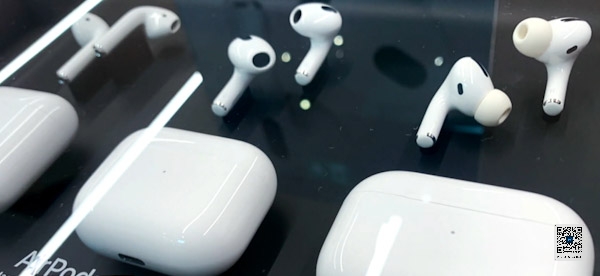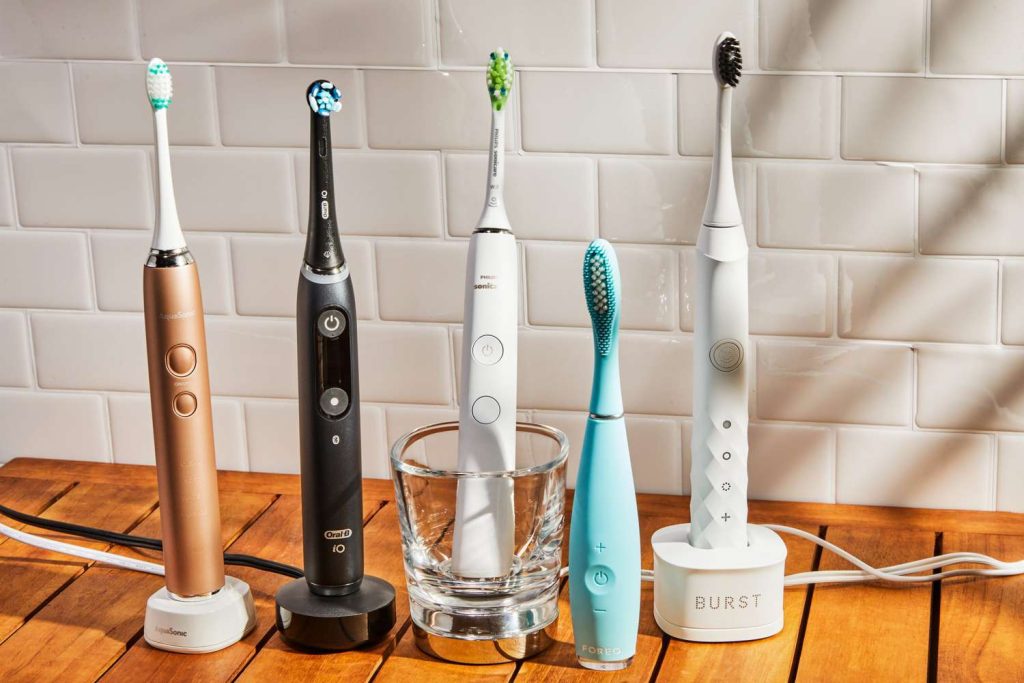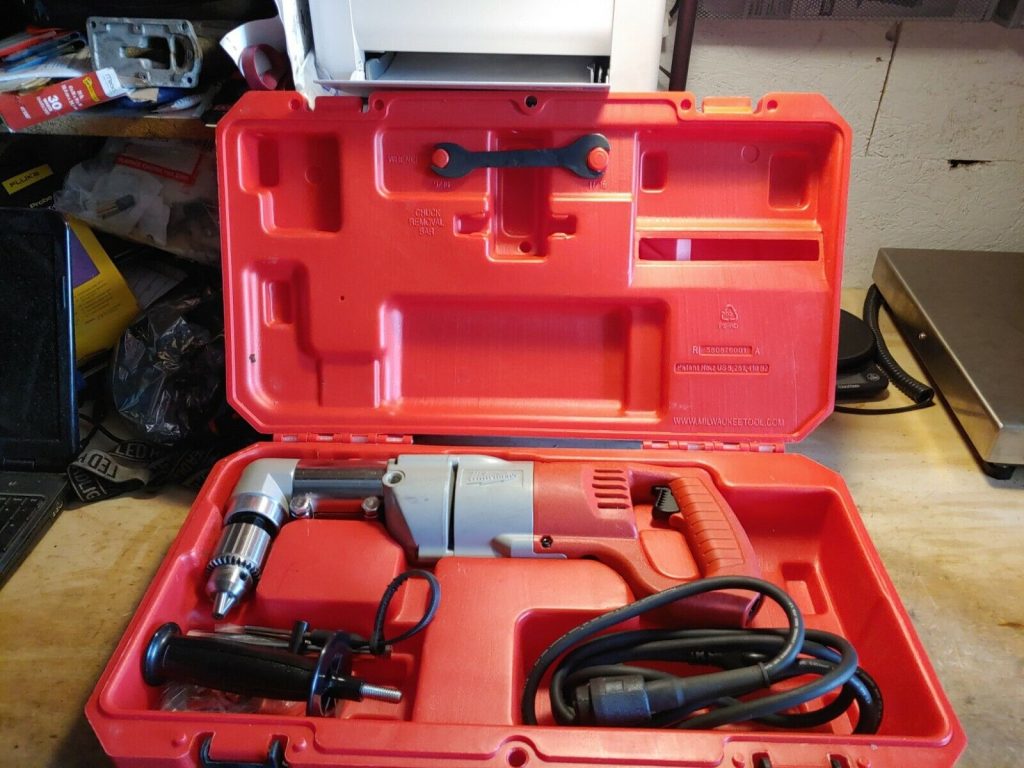A groundbreaking development in the hearing aid market has occurred as the Food and Drug Administration (FDA) has granted approval for Apple’s AirPods Pro 2 to be used as hearing aids. This marks a significant step towards making hearing aids more accessible and affordable for millions of Americans suffering from mild to moderate hearing loss.
The FDA’s authorization of the Hearing Aid Feature (HAF) software, which will be available through iOS 18, allows Apple’s AirPods Pro 2 and other compatible devices to function as hearing aids when paired with a compatible iPhone or iPad.
This is the first time the FDA has approved an over-the-counter hearing aid software, opening up a new era for the industry.
The HAF software is designed to cater to the estimated 30 million Americans who struggle with hearing loss due to various factors such as aging, noise exposure, medical conditions, and others. It features a built-in hearing test that helps customize the volume, tone, and balance settings to meet individual needs.
Michelle Tarver, acting director of the FDA’s Center for Devices and Radiological Health, emphasized the importance of this development, stating that hearing loss is a significant public health issue affecting millions of Americans.
The availability of over-the-counter hearing aids, coupled with the convenience and affordability of Apple’s AirPods Pro 2, is expected to make hearing support more accessible and acceptable for adults with perceived mild to moderate hearing loss.
Apple’s entry into the hearing aid market is expected to have a profound impact on the industry. The lower price point of AirPods Pro 2 compared to traditional hearing aids is likely to encourage more people to seek help for their hearing loss.
Additionally, the widespread use of earbuds, including Apple AirPods, among all populations could help reduce the stigma associated with hearing aids.
Barbara Kelley, executive director of the Hearing Loss Association of America, expressed optimism about Apple’s foray into the hearing aid market.
She highlighted the potential of Apple’s mainstream approach to draw attention to hearing health and encourage people to treat hearing loss as part of their overall health.



